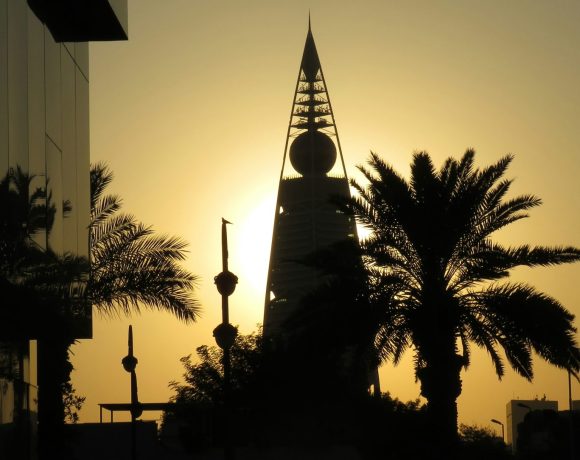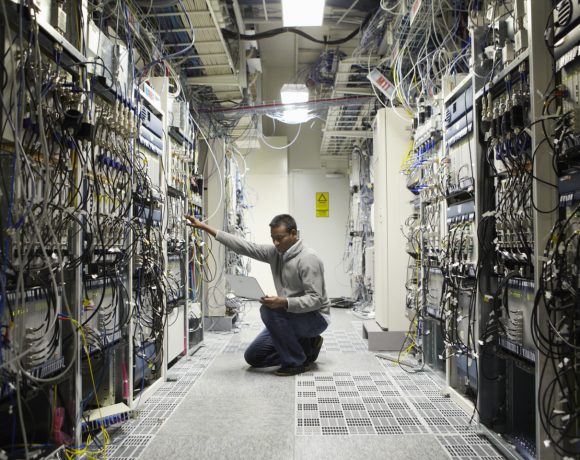Recognising the crucial role of geopolitical tensions in global commodity markets
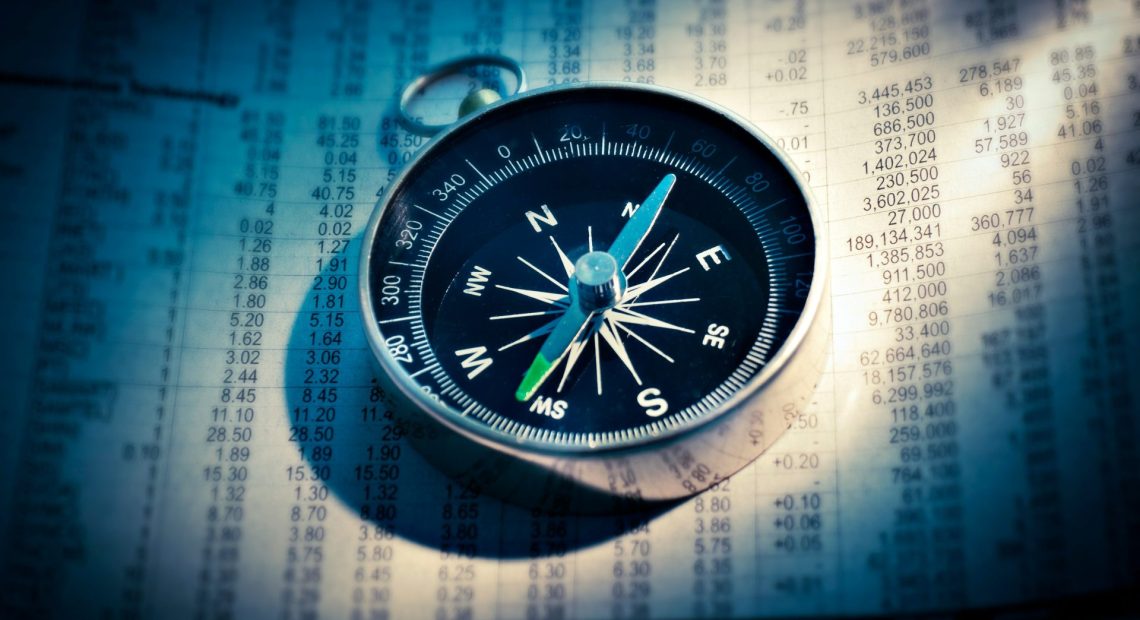
By Marc Pussard, Head of Risk at APM Capital

Geopolitical events profoundly influence commodity prices, a crucial factor for investors to consider when shaping their strategies. It’s essential to take a strategic approach when considering these influences. According to a recent Fitch Ratings report, global commodity prices have been influenced by the wars in the Middle East and Ukraine, upcoming elections in many countries, and rising regulatory uncertainty for natural resources in many jurisdictions.
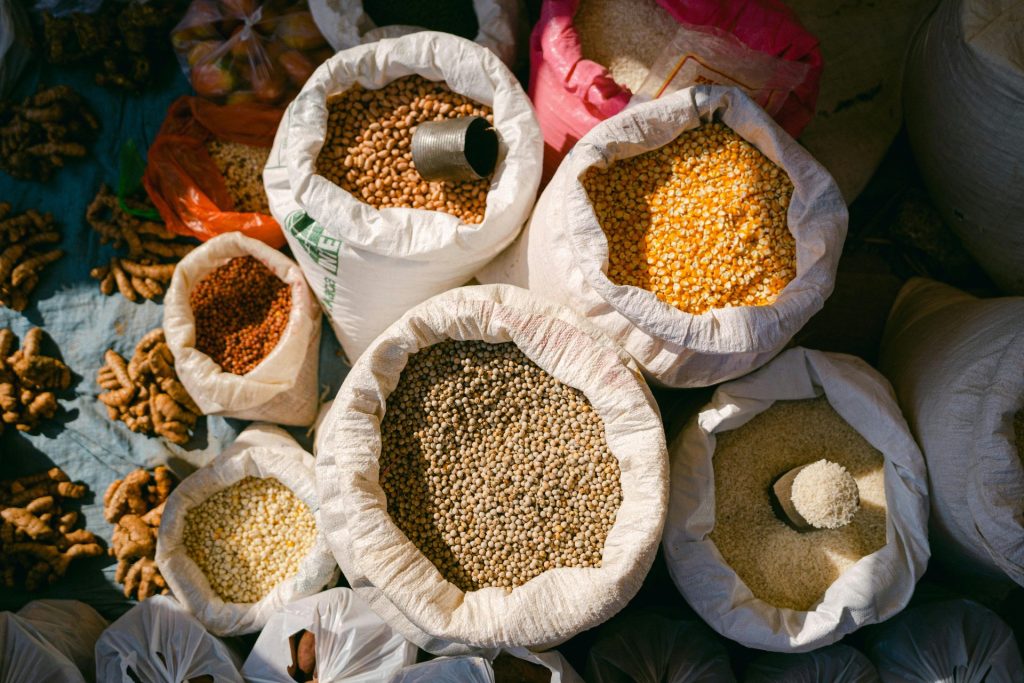
These scenarios create ripples in global commodity prices that threaten to spill over into massive risks for traders and investors. Because commodity production is concentrated around natural endowments, significant price changes and volatility can result from these geopolitical tensions. The result is that the geopolitical environment can influence everything, from oil prices to the availability of essential raw materials.
Impact on oil markets
With the economies of certain countries based on oil production and trading, it makes sense that oil is one of the most relevant global commodities to monitor, especially as oil prices can have massive consequences for GDP.
The oil market is perhaps the most visibly affected by geopolitical tensions. These tensions often lead to supply disruptions, resulting in significant price spikes. A clear example of this is the 1973 oil crisis when the Organisation of Arab Exporting Countries (OAPEC) imposed an oil embargo against the United States and other countries that supported Israel during the Yom Kippur War.
Oil prices subsequently quadrupled, leading to severe inflation, a recession, and a stock market crash in many Western economies. The shock also highlighted the vulnerability of energy-dependent economies and led to increased focus on energy security.

However, the long-term relationship between geopolitical developments and oil prices is not always straightforward. Investors and traders must understand this relationship to make informed decisions. More recently, The European Central Bank wrote that Russia’s invasion of Ukraine in February 2022 saw Brent prices increasing by almost 30% within the first two weeks following the invasion.
However, these prices returned to their pre-invasion levels after around eight weeks. Similarly, Brent prices increased by about 4% after the terrorist attacks in Israel on October 7, 2023, before subsequently stabilising.
Geopolitical risks, often resulting from conflicts, terrorism, piracy, and cyber-attacks, immediately impact the global supply chain business and trade. Research has also found that geopolitical conflicts threaten tariffs, change the volume and direction of trade flows, or cause fuel prices to rise rapidly to destabilise transportation.
Impact of geopolitical events
Geopolitical events also significantly impact other commodities beyond oil. Substituting the consumption of commodities in the short term is challenging. And because many commodities are used in manufacturing and technology, the consequences of geopolitical uncertainty can be significant.
Armed conflicts in commodity-rich regions can severely disrupt supply chains, contributing to shortages and price volatility. Ongoing conflicts in Africa have affected the supply of precious metals and minerals used in manufacturing electronics and other industrial applications.
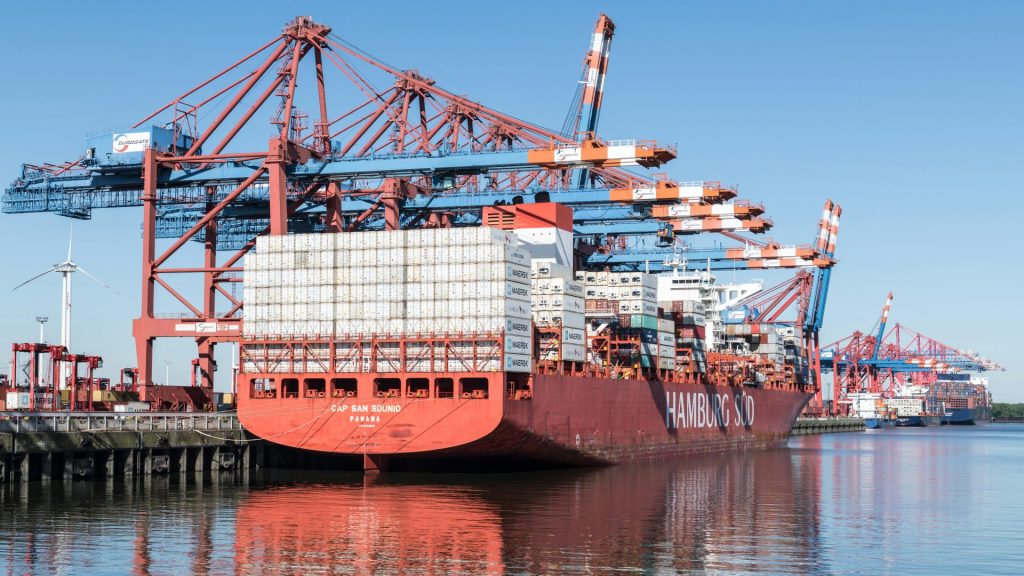
Another example of how geopolitical tensions can impact global commodities can be found in food systems. When these environments are put under stress due to conflict, instability and price volatility are a result.
Food imports and exports are threatened during conflicts, escalating food prices and contributing to a global cost-of-living crisis. The Russia-Ukraine conflict most recently proved this. The outbreak disrupted the supply of wheat and other agricultural products, leading to a 50% spike in wheat prices and concerns over food security globally.
Strategies for investors
Given the complexities and unpredictability of the dynamic geopolitical environment, investors must adopt strategies to mitigate risks. One such tactic is to focus on having a diversified portfolio.
As Nobel Prize-winning economist Harry Markowitz claimed: “Diversification is the only free lunch in investing.” Spreading investments across asset classes, sectors, and geographic regions means investors can reduce their exposure to any single source of risk. Should there be major geopolitical events, the negative disruption this can cause the investor will be dampened by having a diversified portfolio.
Hedging is another critical investment strategy to consider. Financial instruments like options, futures and forwards can provide a safety net against price volatility, especially regarding currency risks associated with geopolitical events.
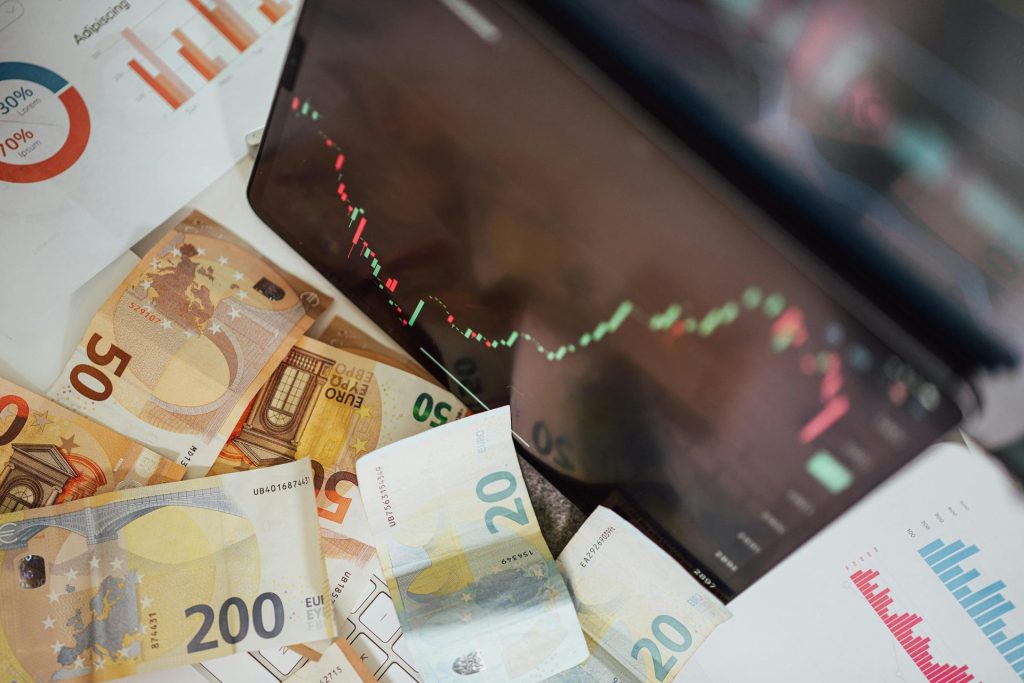
For example, businesses can use currency futures to lock in exchange rates, protecting themselves from fluctuations. Like diversification, these are designed to mitigate the risk of external market price fluctuations. Given how many investors look to hedge commodity prices when the market is low, the focus must turn to reducing risk exposure. Futures and options provide the instruments to do so with confidence.
Investors may also want to consider investing in safe-haven assets. Historically, gold has been considered a safe-haven asset during geopolitical uncertainty. Investing in gold or other precious metals can provide a hedge against market volatility and be viewed as a hedge against inflation.
Much of gold’s recent appreciation has been attributed to its safe-haven status against the backdrop of the Russia-Ukraine war. Government bonds are also worth considering. Investments in government bonds from stable countries, such as US Treasuries, are generally regarded as low risk during periods of geopolitical tension.
Modern risk managers also use scenario planning. Stress tests are conducted to understand how various geopolitical scenarios could impact their business or investment portfolio. This can help identify vulnerabilities and prepare for different outcomes. Further, they may develop contingency plans for different geopolitical risks, altering investment strategies in response to specific threats.
Long-term perspective
Investors should also maintain a long-term perspective. As has been seen, short-term market fluctuations are a natural spin-off from geopolitical tensions. Investors can benefit from more reliable returns by focusing on long-term trends and stable regions.
Understanding the impact of geopolitical tensions on global commodity markets is crucial for anyone involved in the business and finance sectors. Investors must stay informed and be adaptable, as geopolitical events can change quickly.
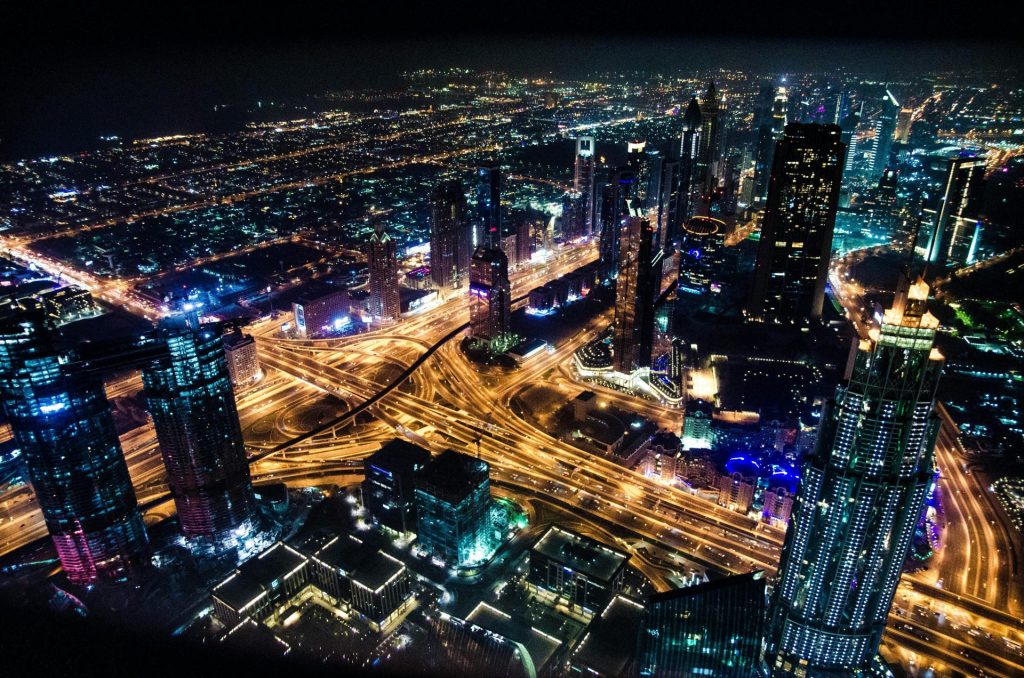
Just see the recent announcement about Joe Biden having stepped down from the presidential election race in the United States. By employing strategies such as diversification, hedging, and maintaining a long-term perspective, investors can navigate the complexities of the market and safeguard their investments.
Featured image: Various scenarios can create ripples in global commodity prices that threaten to spill over into massive risks for traders and investors. Credit: Absolute Vision
Marc Pussard, Head of Risk, APM Capital, is a dynamic and seasoned certified financial risk manager, certified enterprise risk manager, and trader with over 20 years of hands-on experience in the financial markets. Specialising in market and operational risk, Marc excels in navigating global FX, equities, commodities, bonds, and derivatives. His genuine passion for financial markets and a proven record of accomplishment in driving success in high-stakes environments set him apart.
Marc Pussard: https://www.linkedin.com/in/marcpussard

